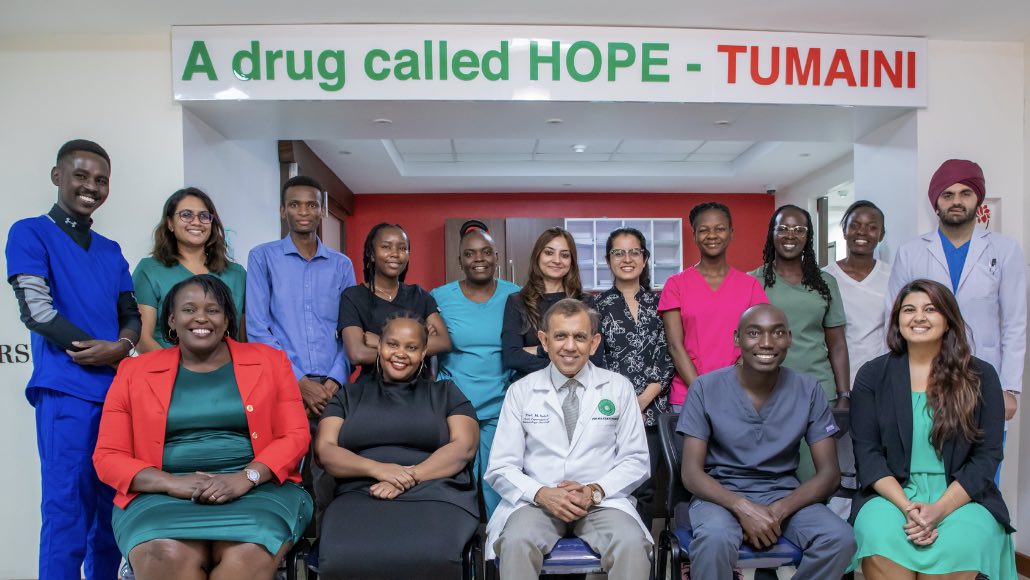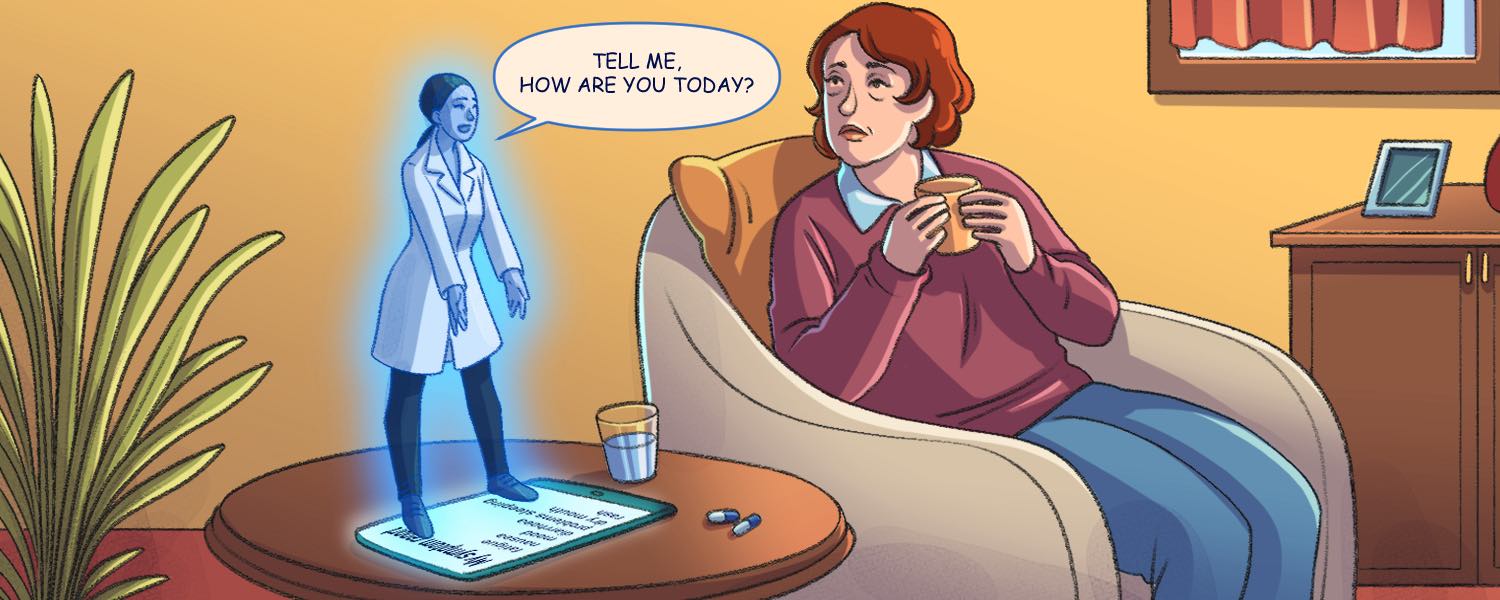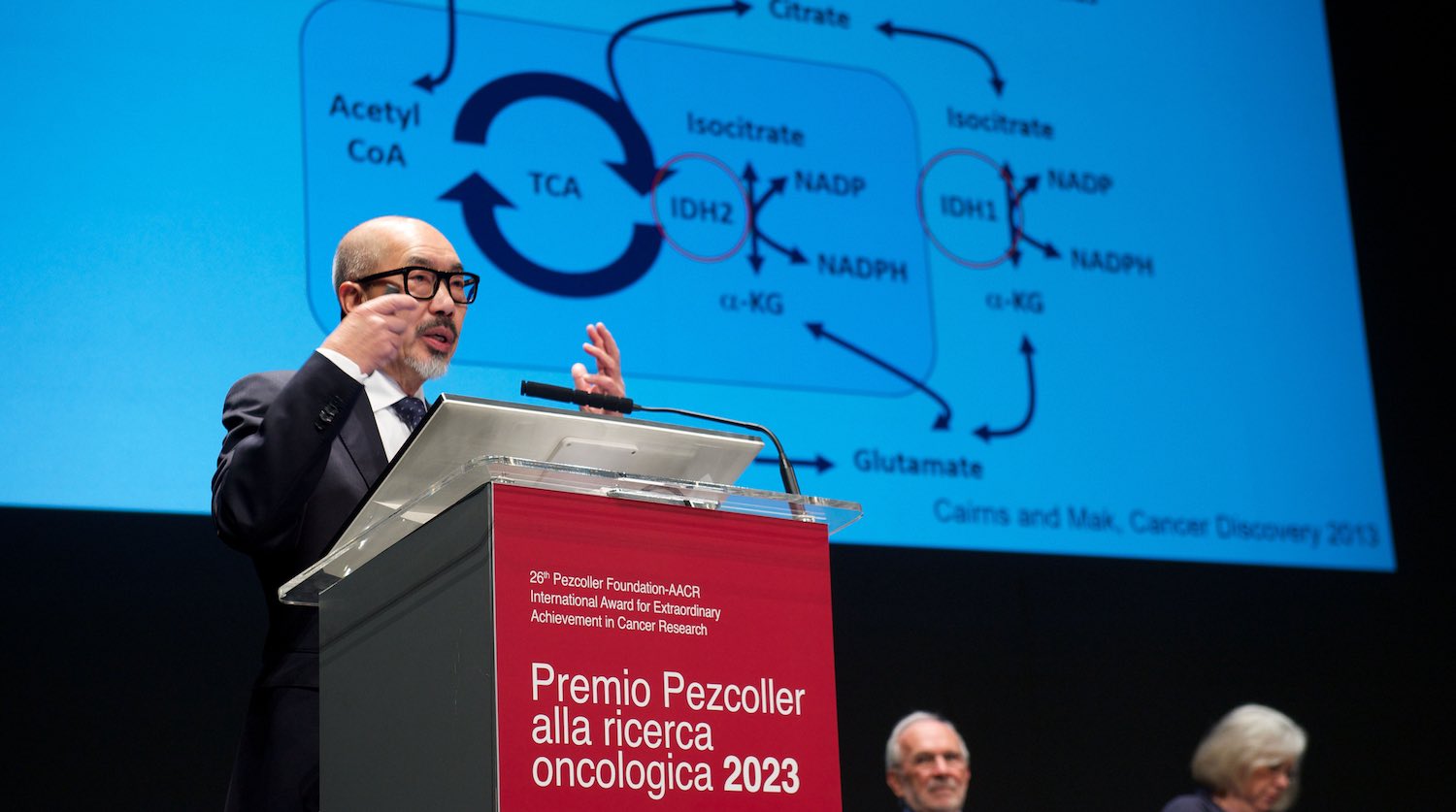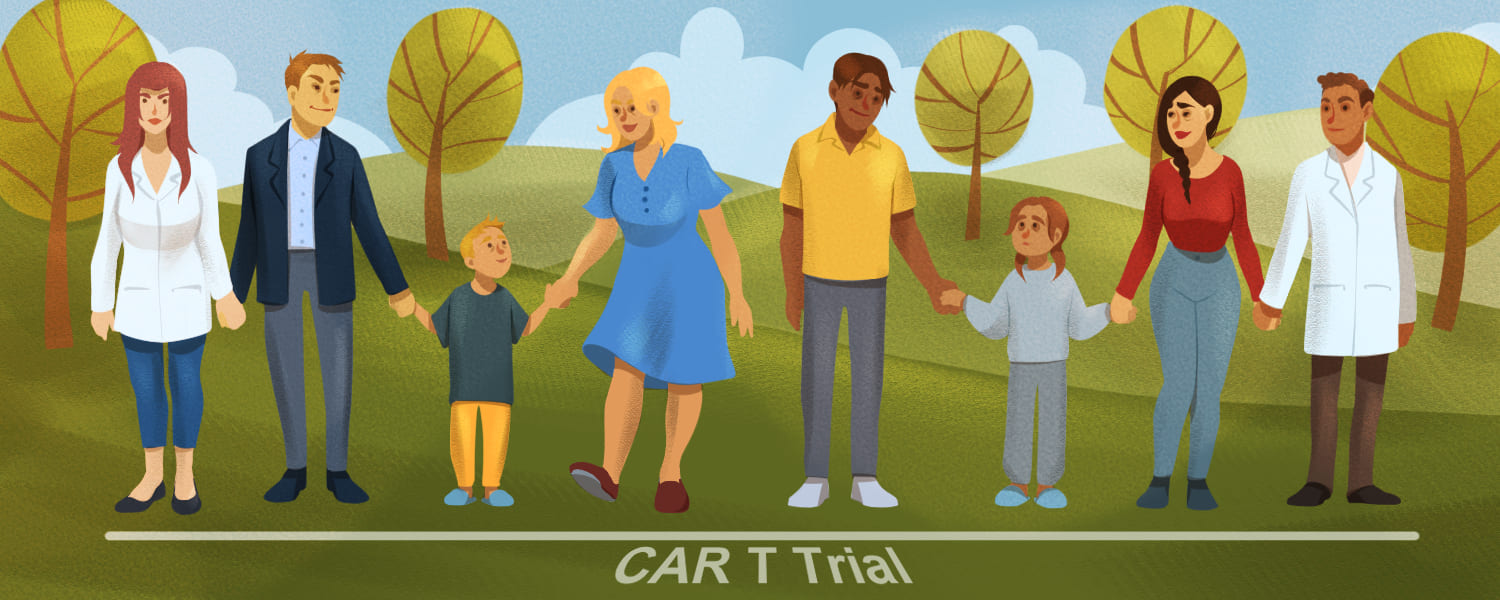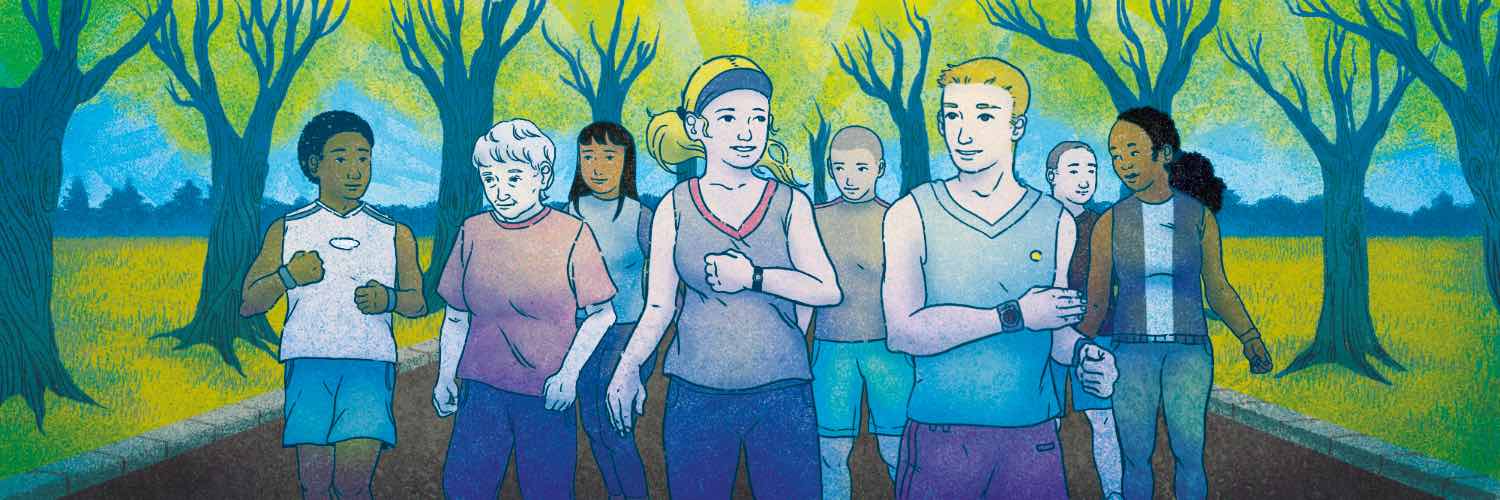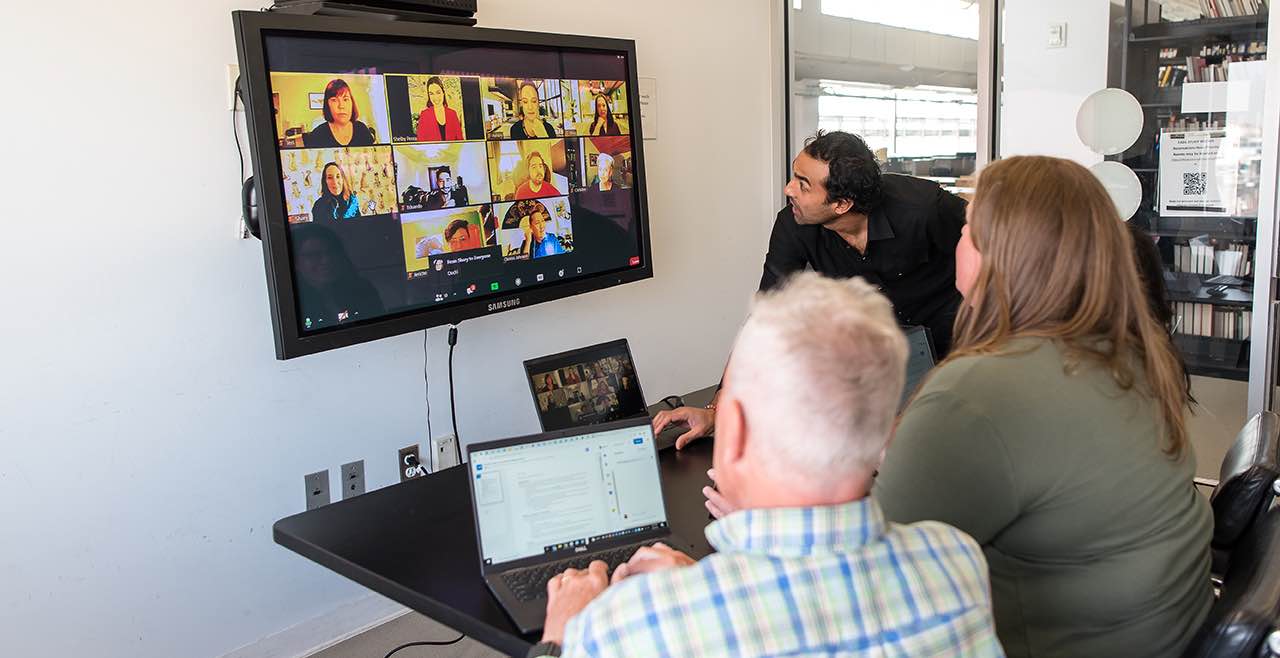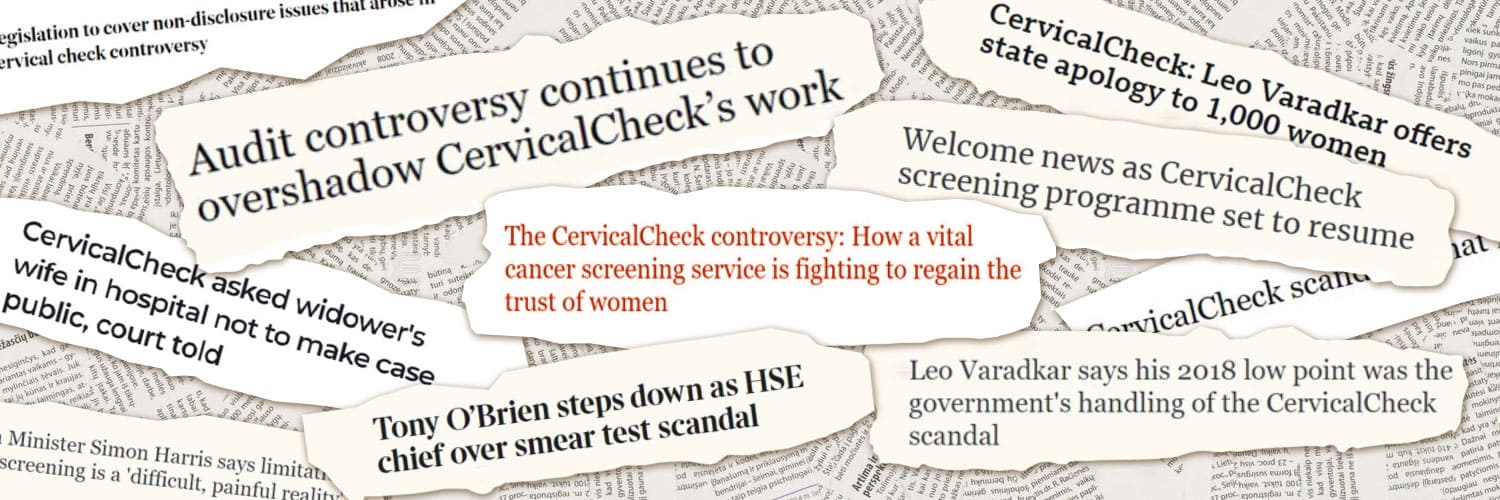Practice Points
The Kenyan clinical research unit bringing precision cancer medicine to East Africa
Four years ago, clinical trials were little discussed in oncology circles in Kenya. In common with the rest of East Africa, there was no clinical research unit to study treatments for non-communicable diseases such as cancer. No cancer patient living…
Prevention messages: negotiating the tricky interface between medicine and popular culture
“Cigarettes are shit.” The slogan is neither creative nor informative, yet it had an impact beyond all expectations in Poland in 1994. These were the early days of post-communism: tobacco companies were making the most of the opportunities of the…
Regular symptom reporting can help your patients live better, and possibly longer
An older woman receiving treatment for breast cancer sits at home wondering whether to call her physician and go into the hospital. She’s on a new dose of a drug which she hasn’t had before and is struggling with nausea.…
‘The future of cancer treatment’, as seen by Tak Mak, whose lab paved the way for T- cell receptor based immunotherapies
Ni Miikana is a Native American expression meaning "my path". My path, my journey in science is not about me, it is about the institutions that have supported us and the many mentors and mentees who made this talk possible.…
CAR T cells v chemo for childhood leukaemia: are we ready for the next step?
Chimeric antigen receptor (CAR) T cells, genetically engineered immune cells targeted to attack cancers, are one of the most exciting breakthrough cancer treatments in oncology today. After decades of incremental development, its clinical efficacy was shown in 2010, with the…
A Health Data Space for patients, science, policy and industry: can Europe make it work?
The answers to so many pressing questions about cancer, and about how best to diagnose and manage the disease and care for patients, lie waiting to be revealed through analysis of data that is currently spread across tens of thousands…
Born to be walkers? How to stay healthy in a sedentary world
Humans have been endurance runners and walkers for at least 2 million years. Walking and running are our two main gaits. Whether we are more predisposed for the former or the latter is under debate. Studies carried out in the…
Project ECHO: spreading access to specialist care through democratising knowledge
Manjula (not her real name) was deeply surprised when she was diagnosed with stage 3 stomach cancer at the age of 52. She was healthy and had no other ailments. And when her medical team in South India addressed her…
Getting the message across: we need to learn from the Covid experience
One of the big lessons of the Covid pandemic has been the critical importance of good communication – how challenging it is to get complex medical information across to the general public, and the damage that poor communication can do.…
Cervical cancer: Rebuilding a nation’s broken trust in their screening service
Ireland’s cervical cancer screening programme ‘CervicalCheck’ has been under the microscope since April 2018, when it was revealed that some women diagnosed with invasive cervical cancer were not told that their previous smear tests had been reviewed. More crucially, the…

